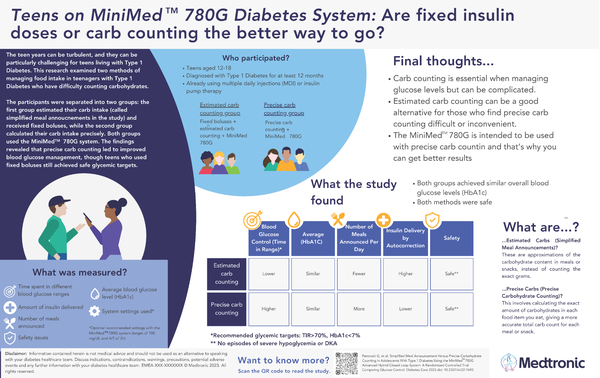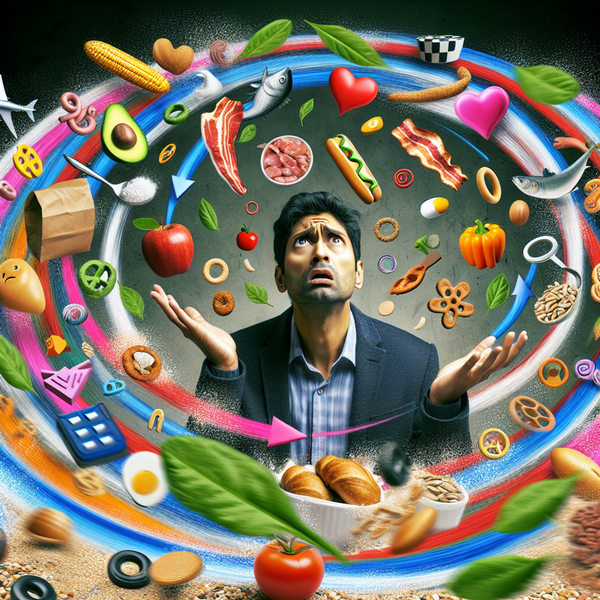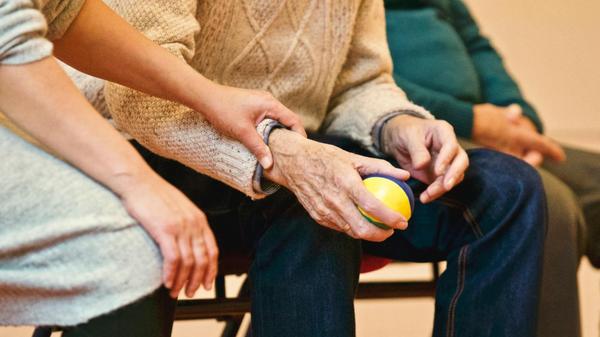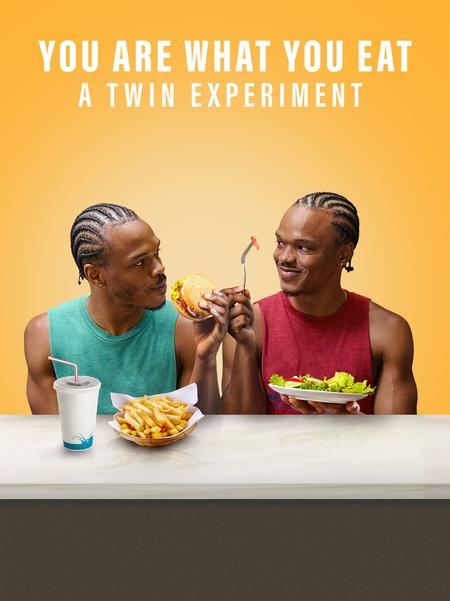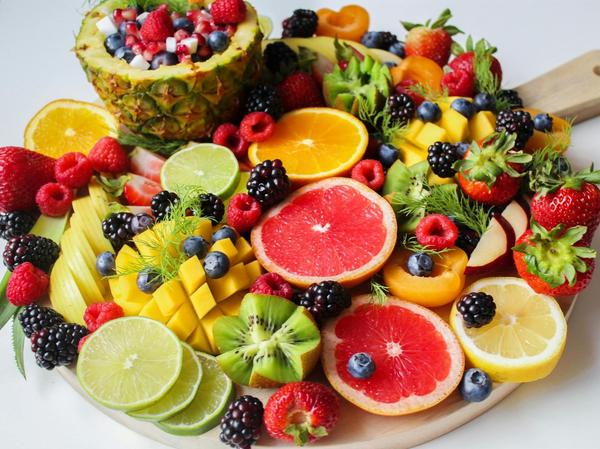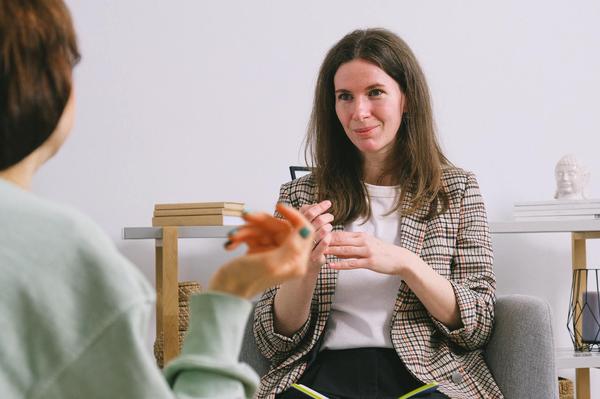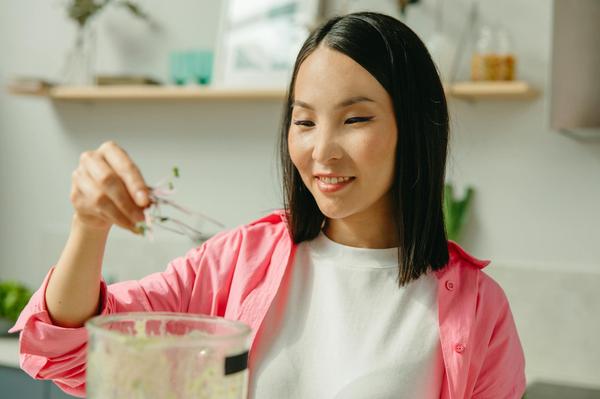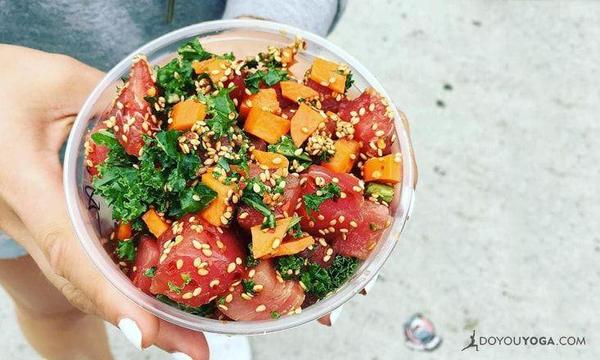Photo by veeterzy on Pexels
![]()
6th May 2024
Research Presentation: The Ancestral Human Diet: Misconceptions and Lessons for the Health and Nutrition Industry [A Review]
Award-winning research presentation at the International Phytocosmetics and Phytochemistry Conference that critically examines the paths humans have walked to obtain food for generations, from our preindustrial ancestors to today. Then, it explores how dispelling myths and building awareness of the ancestral human diet might advance health, nutrition, and industry science. Finally, it looks to the horizon to visualize ways the health and nutrition industries of today can take the best of our past and our present to live in a rapidly-changing future where food in every household is culturally accepted, abundant, utilized, biodiverse, and nutrient-dense. Winner of the Annual Nativ Dudai award.
